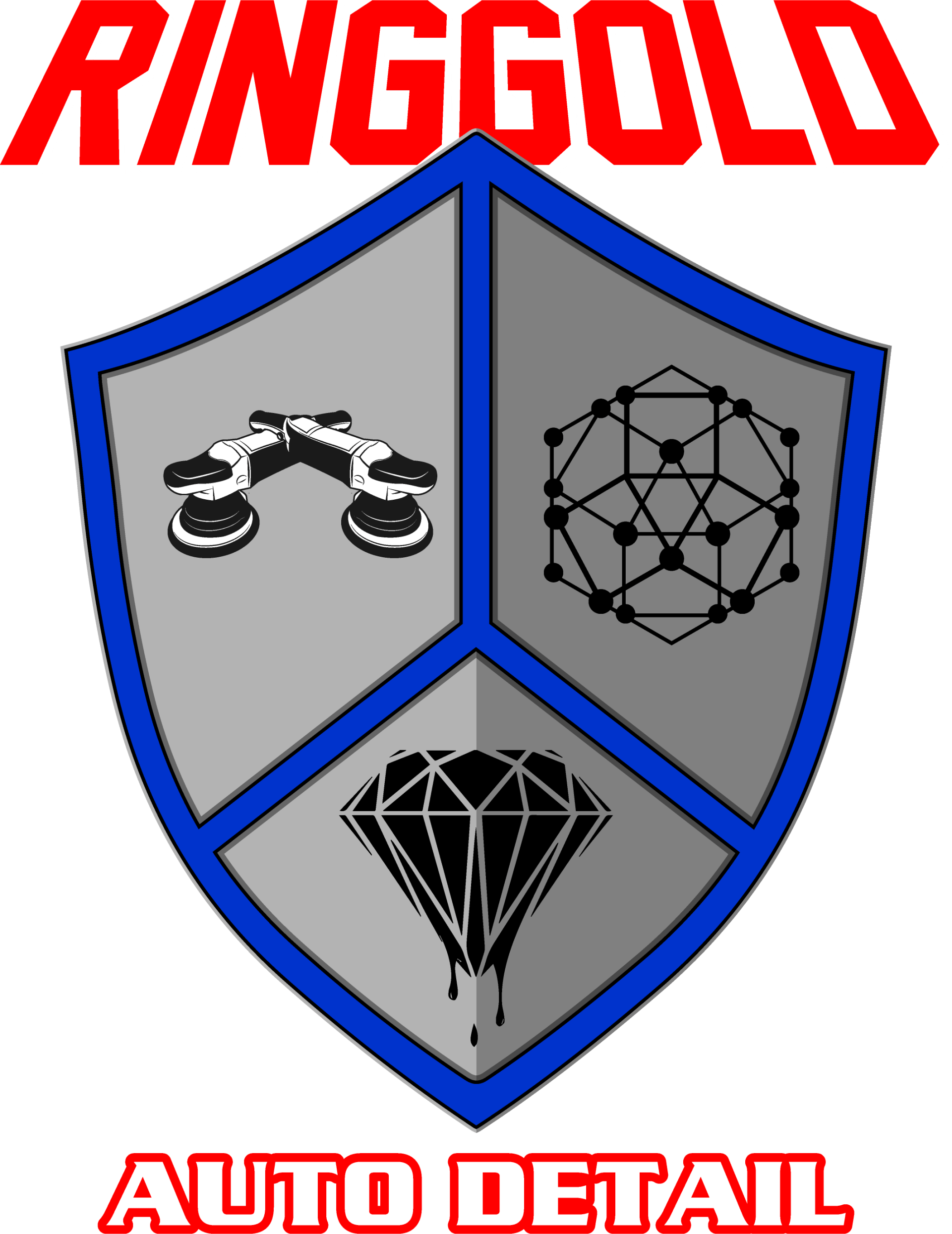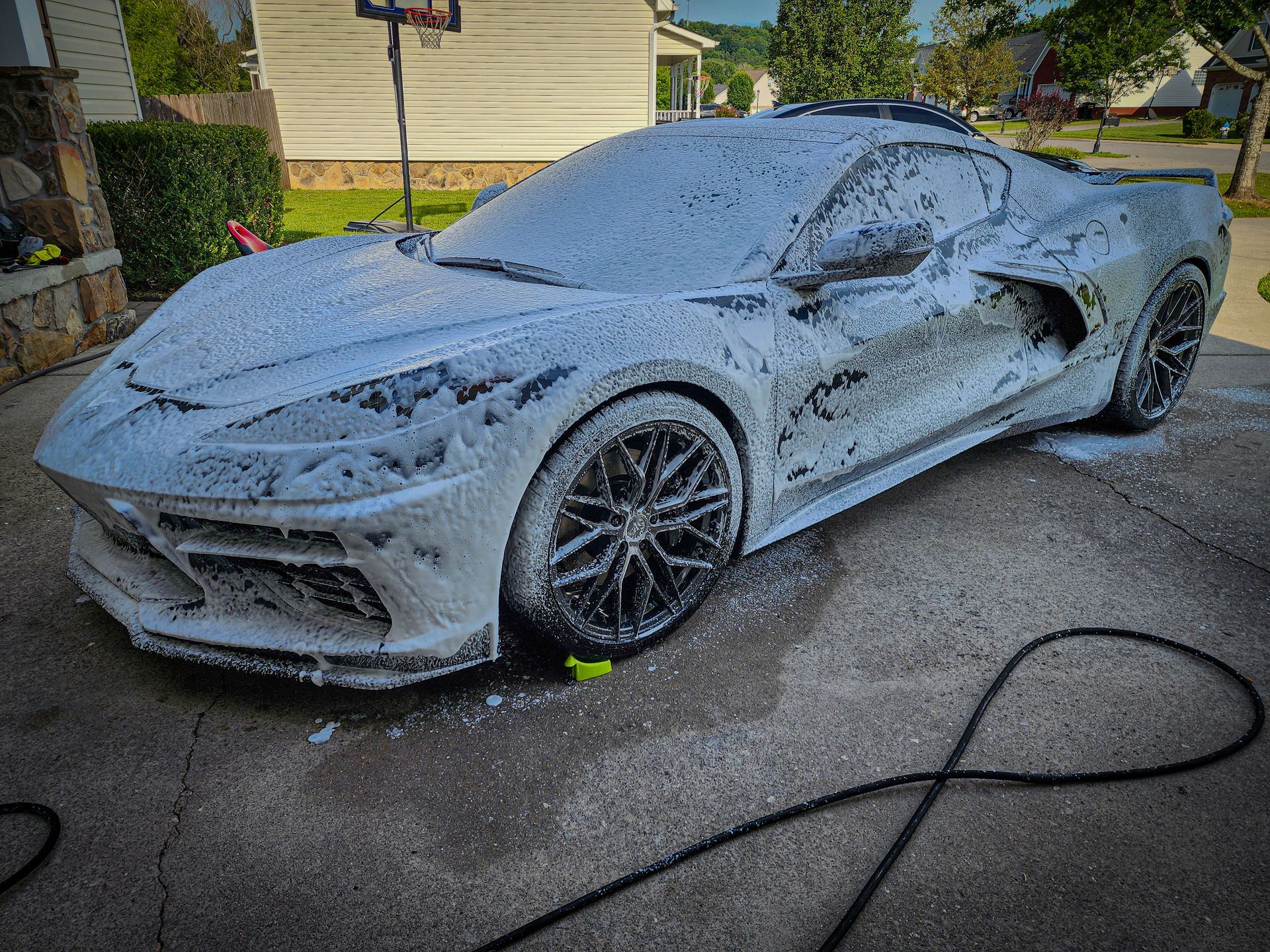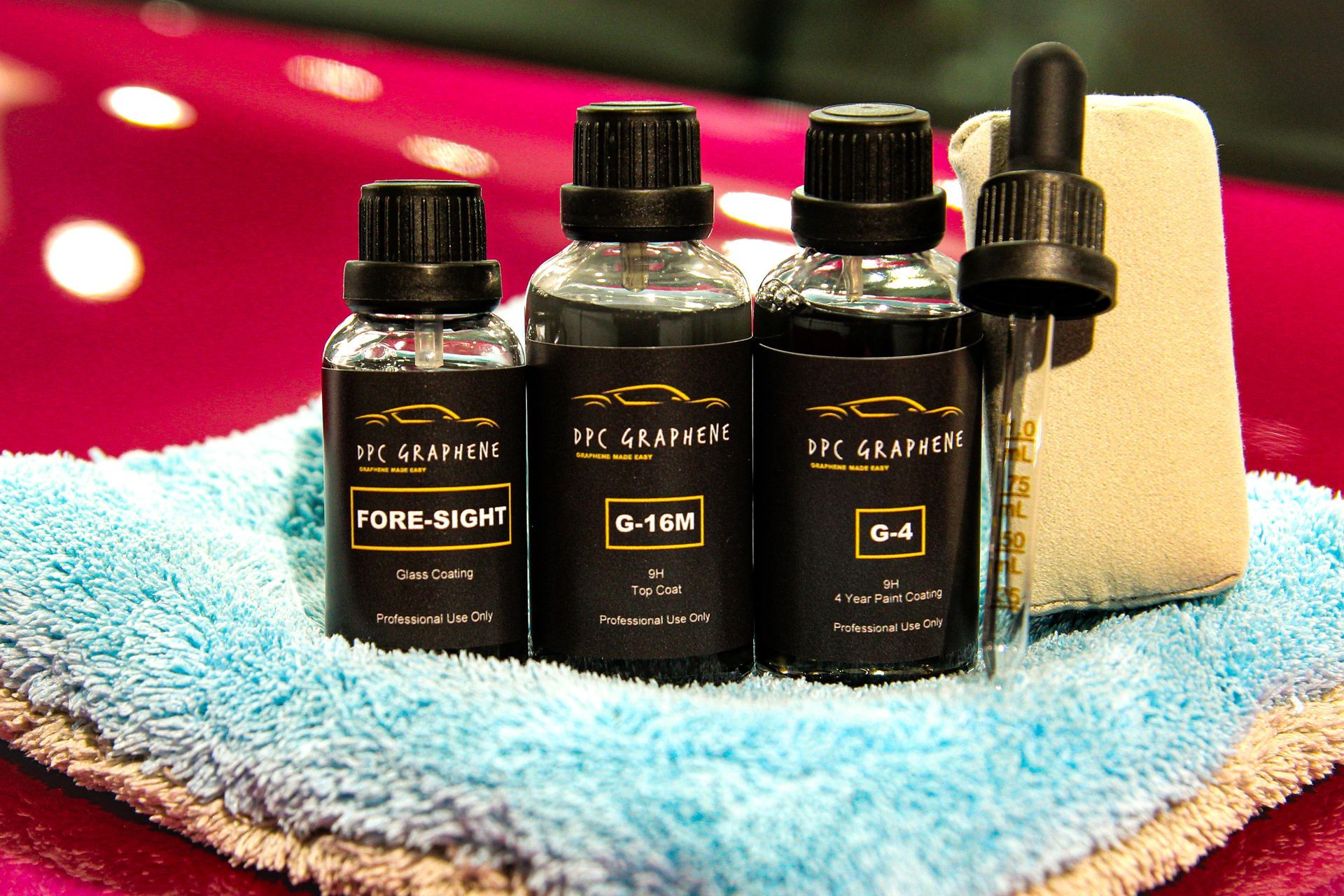Who Should Install A Ceramic Coating In Chattanooga?
Can anyone in the Chattanooga area apply a ceramic coating?
Absolutely! The short answer is yes—but that’s not really the question you should be asking. Instead, the important question is: how do you install a ceramic coating properly?
The ceramic coating industry is rapidly evolving, with innovative technology, new formulas, and a growing push toward DIY-friendly installs. This trend has sparked a boom among detail shops and mobile detailers in Chattanooga, all claiming to deliver professional, top-tier results. In Chattanooga and beyond, achieving the perfect ceramic coating application is about more than just following instructions—it's about understanding the key do's and don'ts that make a real difference.
In this blog, we'll break down the essential features for a successful ceramic coating installation. We'll discuss the best practices recommended by our seasoned professionals at Ringgold Auto Detail, highlight common mistakes, and even reveal some flat-out wrong ways coatings are being applied. Whether you're a local DIY enthusiast or a car care professional seeking expert insights, our goal is to help you achieve a flawless, long-lasting ceramic coating.
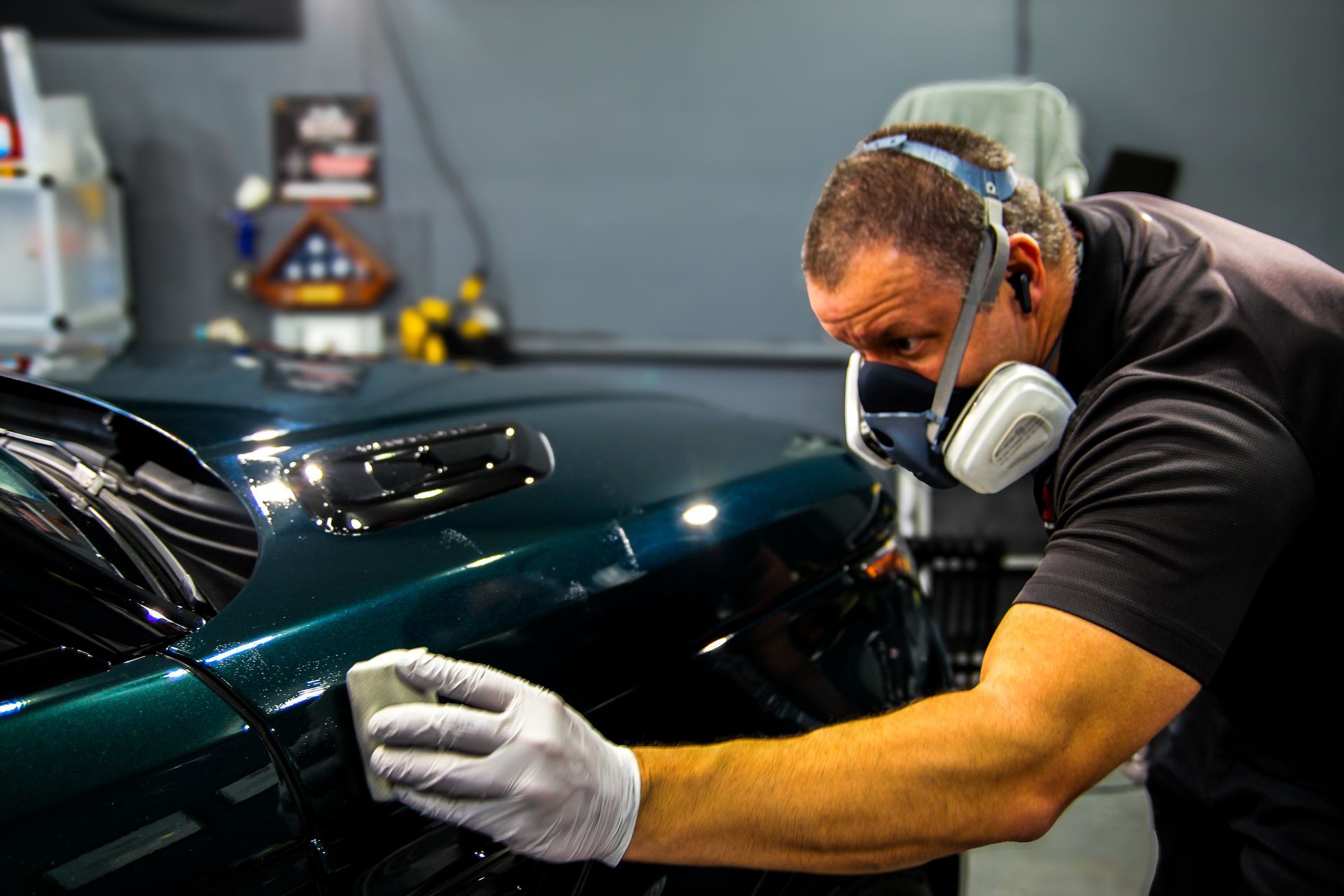
Environmental Conditions You Need to Know and When to Install a Ceramic Coating!
When's the best time to ceramic coat your car? The obvious answer: when your vehicle is brand new. New cars are in their best condition, and applying a ceramic coating early helps preserve that pristine look before time and the elements take their toll. However, even with a new vehicle, a ceramic coating can’t always be applied immediately. From the manufacturing floor to transportation, dealership washes, and finally arriving in your driveway, contamination is inevitable. That’s why every new vehicle we service receives at least a light polish before coating.
One of the most overlooked aspects of proper ceramic coating installation is ambient conditions and surface temperature. In Chattanooga’s hot and humid summers, advancements in coating technology have made it possible to work in higher temperatures—but only within limits. At Ringgold Auto Detail our coatings require at least three minutes of uninterrupted bonding time before the transfer solution can be leveled or removed. On surfaces above 90°F, regardless of humidity, bonding becomes unreliable, often leading to a weaker and shorter-lived coating. Some manufacturers claim that removing the transfer solution as soon as the coating flashes is sufficient, but in most cases, this results in an underperforming application with a severely reduced lifespan. There are some newer coatings that tolerate high temperatures—up and slightly over 100°F—because they cure on a strict time basis rather than being temperature-dependent. However, these typically have a shorter durability, usually around three years.
Cold weather presents its own challenges. While some coatings can tolerate lower surface temperatures, most struggle to bond properly below 50°F. Without the necessary chemical reaction to etch into the paint, the coating may appear fine initially but will fail quickly. Even at 60°F, the application process slows down considerably and can be problematic. Coating a full-size SUV under these conditions can easily take six hours due to extended bonding times. Point of note... can your installer even read an issue like this and adjust? After multiple conversations with other installers the answer is most likely, No. Another factor often overlooked is wind. If you’re working in 60-degree weather under a shaded area with a steady winter breeze, the panels exposed to the draft could easily drop below the required minimum temperature, further complicating the process.
Understanding these environmental factors is critical for a successful ceramic coating application. At Ringgold Auto Detail, we ensure that every vehicle is coated under optimal conditions for maximum durability—whether you're in Chattanooga, TN, or Ringgold, GA.
Is it difficult to apply ceramic coatings to a car?
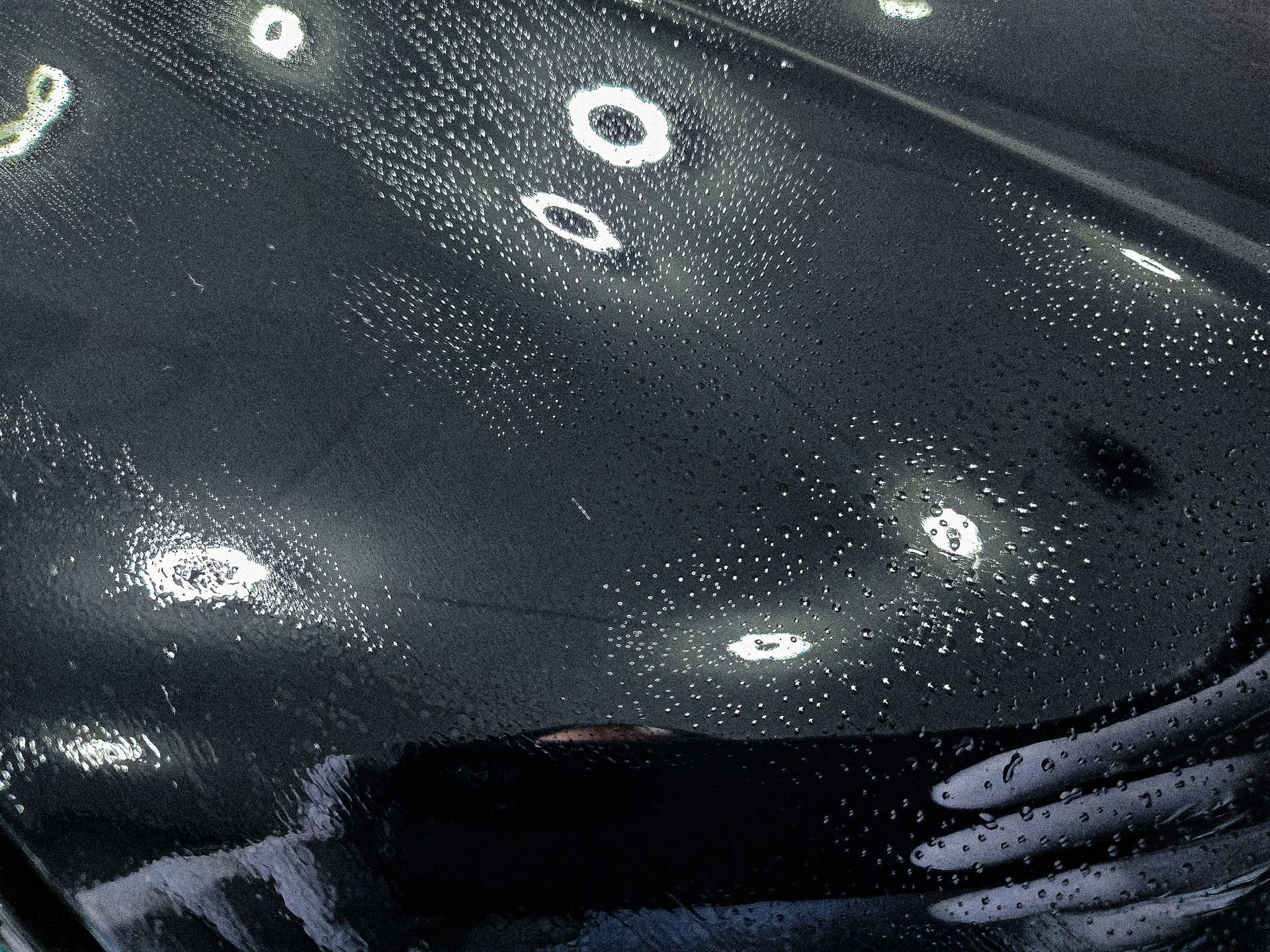
First and foremost surface preparation is crucial! After many years and a lot of testing is has become blatantly clear that an alcohol (IPA) wipe down is simply not good enough! We've never subscribed to this method but it is a common process across many installers. Some coatings have a very aggressive solvent solution and bonding resin so you may get away with suboptimal surface prep on occasion. However the IPA only prep process WILL bite you. Also the more aggressive and time intensive the paint correction process was means you'll have more oils saturated deep into pores or micro valleys of the paint. This is why some professional shops will preform the paint prep process twice or even wash the vehicle after an intense paint correction then prep the paintwork. Some brands that have their own paint prep solution but please be careful with this process when using coatings or polishes from other companies. These prep solutions may be engineered specific for their line only.
As for the actual difficulty of ceramic or graphene coatings themselves, this is all over the place. With the coating manufactures and detail industries attempting to maximize product sales "Easy DIY" formulas are becoming readily available. The caveat is often they may only last for 2 or 3 years and in our opinion are sub performers. That's not necessarily a bad thing though. The DIY individual just saved themselves a few hundred dollars and at least has a coating on the vehicle... provided you didn't mess anything up leaving streaks or unsightly high spots everywhere something is better than nothing. The professional ceramics we use here at Ringgold Auto Detail however are another story. To be honest, installing ceramic coating at this level just isn't fun. Our 3 year and 5 year nano-coatings are very viscous for a reason. In order for these coating to preform at the premier level that they do the solution is thick to start with ensuring a high and consistent wet film build allowing for maximum performance across many areas. Once cured they are industry tops in all categories! They're extremely slick, have a very high water contact angle, an even crazier water slide angle (important to avoid water spots), have a robust cured film build, and are extremely resistant to chemicals and abuse. As for the big boy 6 year coating... A beast of another animal! While the formula itself is thinner out of the bottle she rapidly becomes tacky as she flashes off. The initial removal(I call it breaking the crust) is short of a somewhat tacky glue, it does however rapidly become very slick. The problem with many of these high level solutions is if you do not get every bit of the transfer solution off on dark colored vehicles you see what looks like darker areas or shadows in dusk lighting conditions. Something that is very hard to detect under lights even to the trained eye.
All that noted some prosumer coatings like Gtechniq CSL or Carpro UK 3.0 are extremely easy to get right. Coatings like this often fall short in several areas, including tactile slickness, which directly impacts their scratch resistance and self-cleaning properties.
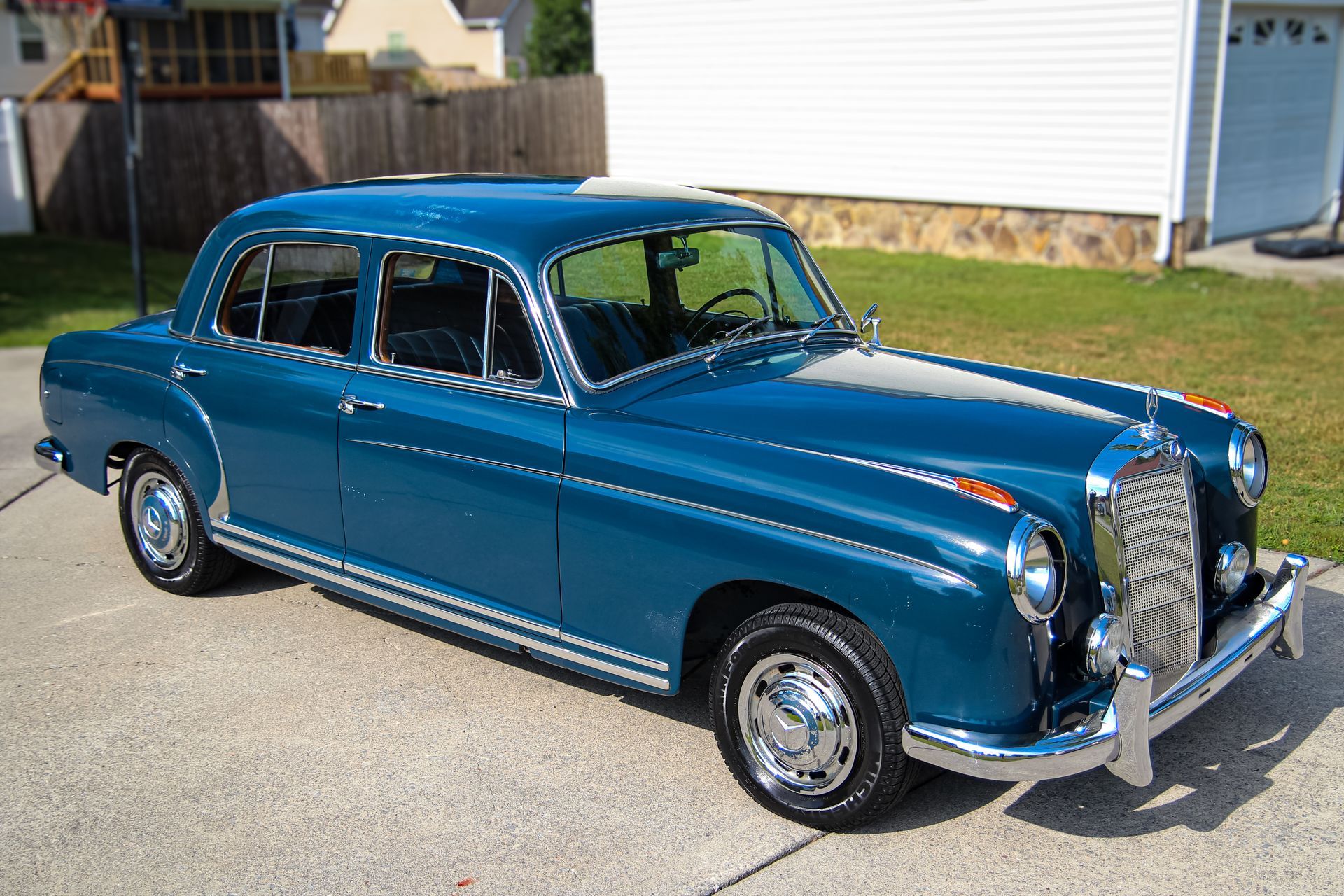
What can a ceramic coating be applied to?
Ceramic coatings are incredibly versatile, to over simplify them they're just various resins and co-polymers on a nano scale. Almost any surface can be nano-coated, including fabrics, glass, paint, leather, gel-coat, and more. However, selecting the right product for each specific application is crucial, especially for clients in Chattanooga, TN and Ringgold, GA looking for professional-grade results. For instance, applying a slick paint coating on a front windshield can lead to issues like wiper skip or chatter due to low surface tension, while using a hardening paint coating on fabrics may compromise flexibility and durability.
Bonding resins in ceramic coatings vary in aggressiveness. A formula that bonds perfectly with automotive paint might not etch adequately into ultra-hard glass surfaces. Think of it like a fish hook in you finger: if the resin is too aggressive, it can penetrate too far coming out the other end losing a solid hold. Similarly, gel-coat surfaces demand a thicker film build with an aggressive bond—this is why marine ceramic coatings are specifically engineered for RVs, boats, and other unique applications.
Raw metal surfaces pose their own challenges. Our experience ceramic coating vehicles in Chattanooga and Ringgold has shown that applying conventional ceramic coatings to chrome, bare aluminum wheels, or surfaces like those on the Tesla Cyber Truck often results in poor adhesion and limited protection against oxidation. Although some two-part nano-coating industrial sprays exist, they function more like clear automotive paint epoxy systems rather than true ceramic coatings.
Ultimately, while ceramic coatings can be applied to a wide range of surfaces, choosing the right formulation for each substrate is essential for optimal performance and durability. Trust the expertise of local professionals in Chattanooga, TN and Ringgold, GA, who understand the nuances of each surface and can help you select the ideal ceramic coating solution for your prized vehicle or other applications.
Environmental dust control.
While maintaining a clean, draft-free workspace is beneficial, it is not an absolute requirement for ceramic coating applications. Ceramic coatings differ significantly from automotive painting; small airborne particles such as dust and fibers will not bond with the coating or create unsightly imperfections. Our primary concern is to prevent dust from settling on the wet panel and causing scratches during the removal of the transfer film.
The idea that a negative-pressure, particulate-free filtration booth is essential is often used as a marketing tactic by some high-end shops to justify higher costs. In reality, these additional measures rarely improve the final outcome—they simply increase the price. By focusing on proper surface preparation and careful application, you can achieve excellent results without the need for overly controlled environmental conditions.
Understanding the process, your product, and requirements is paramount to a successful end result!
When it comes to ceramic coating installation in Chattanooga and the surrounding areas, precision, expertise, and the right environment make all the difference. While the industry is flooded with DIY kits, mobile detailers, and shops promising quick results, true professional-grade coatings require careful preparation, controlled conditions, and experienced application to ensure durability and performance. At Ringgold Auto Detail, we specialize in applying high-quality ceramic coatings tailored to your vehicle’s needs, offering long-term protection and an immaculate finish. If you want a ceramic coating done right, trust the professionals who understand every step of the process. Contact us today to schedule your consultation and protect your asset with industry leading products and accurate precision services!
Share with your friends

